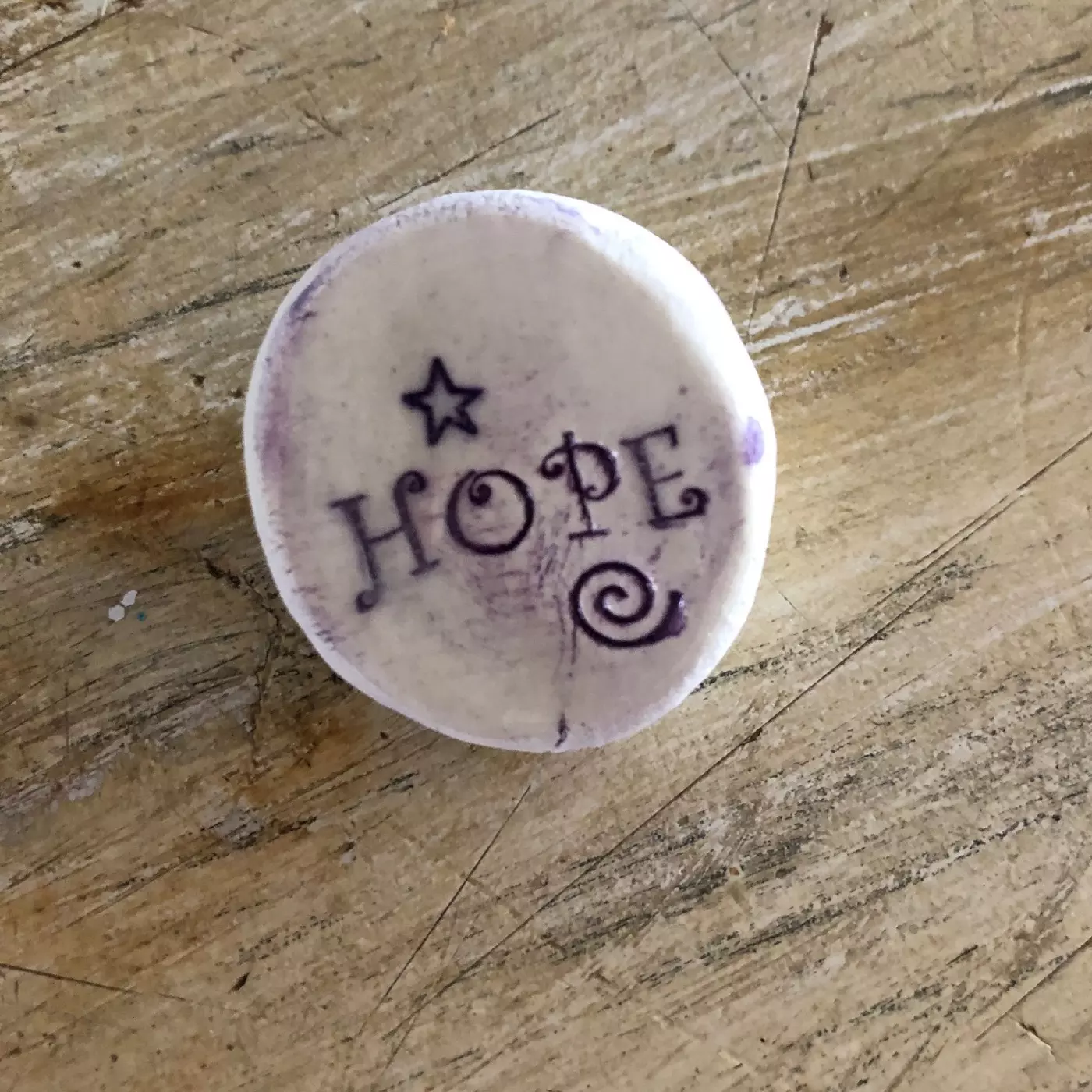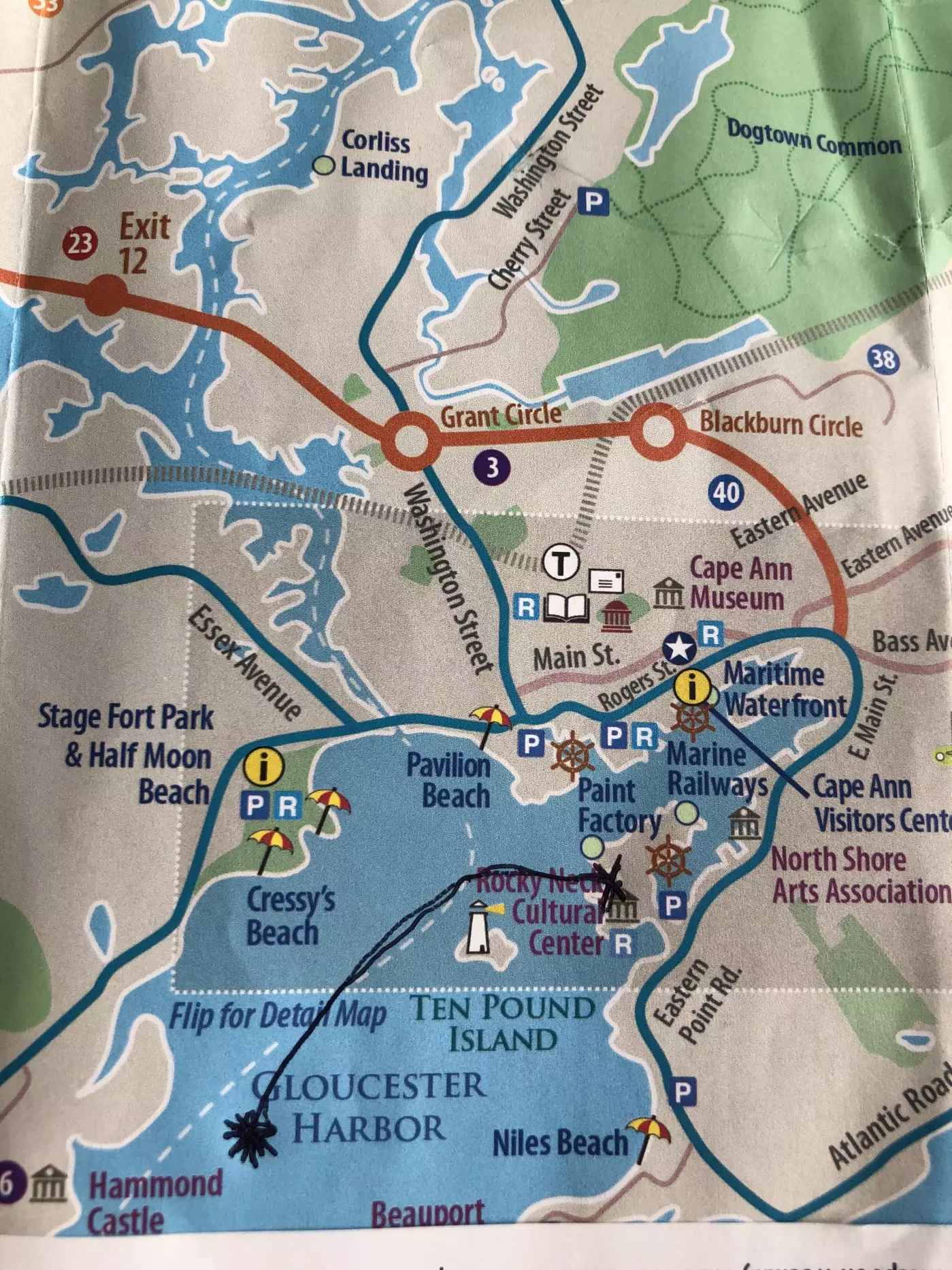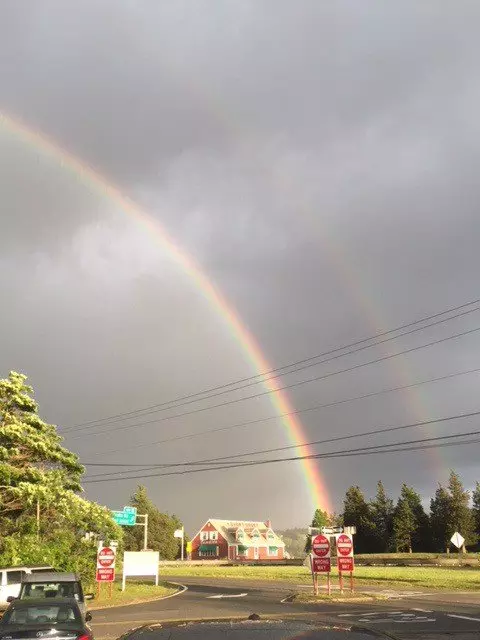Comments (2)
Nathan Somovilla
Excellent article
Linda Flemming
Powerful read

In our currently complex world, filled to the brim with the impact of COVID-19, racial tensions, economic and political uncertainty and staggered reopenings and no endpoint in sight, our minds are working hard to find balance.
The just described events have eroded our stability and structure and safety.

It is at moments like these that our subconscious mind becomes active. A number of people are reporting odd dreams. Still others are reporting anxiety and depression. Masks and social distancing are taking a toll on us, and the absence of physical touch and visualizing human expression deprives us of some of what connects us to each other — literally and figuratively.
It is in this context that I had the most jarring experience I can recall having in a long time. While I am sure the just described issues affecting life today contributed to the story I will share, there was and remains another factor that had impacted me greatly.
My husband of 39 years, the last 8 of which he was struggling with Alzheimer’s disease, passed away. His passing was pain free and he was at peace at last. I have written elsewhere about the toll of this disease on him, on me and on my son. This is not a disease with much redeeming social value in my view. In many ways, I had mourned my husband’s passing a long time ago. That doesn’t mean that the actual physical death occurred without any response or need to process. And, his death certainly requires more than a tincture of time to heal.
In the aftermath of his death, I started completing a myriad of paperwork. I hadn’t focused in advance on how much actual paperwork widowhood entails (and forget the impact of the actual term “widow,” a term that doesn’t sit well with me). I have never been much of a fan of form completion; indeed, it is a skill set I lack. Forms and I don’t get along; we never have. I struggle to fit answers into the right spaces and some questions leave me flummoxed. Often, I need to reprint forms just to get the information needed in the right spots. And, to make matters odder, I am a lawyer by training and still struggle!
Indeed, I have had to get help to complete some of the needed forms. But, I have had amazing individuals take me through these many forms line by line by line, saying things like: “This goes here; and this goes there; and this means this.” Thank goodness for these folks and good that I can actually ask for their help (another skill that is not my strong suit). And, the process will continue I expect for months.
Someone suggested, being more cynical that I was being at the time, that entities that have to pay out money upon death want to make the needed forms very complicated. That way, beneficiaries will make mistakes and will need to redo the forms several times. All of this delays the delivery of money. The longer insurers and others who must pay over on death can keep the money in their hot little mitts (an expression my former law students will recognize), the better for them.
It is in these multiple contexts that I took our inflatable rowboat out into the ocean harbor in Gloucester, Massachusetts. I rowed to a dock about 100 yards from shore and moored the inflatable boat there. Well, I more or less moored it, tying the rowboat’s outside rope to a wider rope on the edge of the dock. I was holding the dock rope in my hand as added security.
What happened next escapes me. In real time, the events occurred over the span of an hour or so. I fell into a deep sleep in the docked rowboat that was rocking gently and that I had very consciously placed in a shady nook at the corner of the dock to avoid sitting in direct sunlight. At some unknown point in time, the inflatable rowboat (some have called in a raft with wee sides) literally floated out into the harbor — way out into the harbor. See the map below.

Next I knew, there was a large sailboat on the starboard side of my raft, and the skipper shouted out “Hello there.” I awoke startled and completely unsure of where I was — other than in the middle of the ocean in a raft. I scoured both visible shores for some landmark and initially recognized nothing. Nothing. Seriously, I had a momentary thought of Tom Hanks in the movie Castaway and thought I would be lost for years.
More big boats passed, some creating wakes that rocked my rowboat. It would have been easy to capsize or to be run over by a large vessel; it’s hard to see a green raft with beige sides in the open water. People waved. I waved back as if being near the mouth of the ocean in a wee boat was the most natural act on earth and as if I was not the least bit scared or flummoxed.
And, in the interest of completeness and transparency, I did not have a life jacket with me or on me. I had assumed I would be staying in the calm harbor moored to the dock, rope in hand.
Shortly, I saw a landmark in the distance and started rowing toward it — a stunning red painted ancient paint factory on the ocean’s edge. Yes, I had my cell phone with me and it had power but I called no one. No SOS calls from me. I just checked the time, trying to make sure I could get to shore in time to pick up our dog from his Doggy Day Camp. It took over 90 minutes to row back to shore.
I shared the story with a host of people, including friends in Gloucester and other friends and colleagues online or on the phone. Everyone said something like, “You are lucky you are alive. You are fortunate nothing bad happened. You really could have been hurt or lost at sea.” One very smart insightful person observed, “You got unmoored.” Indeed, I had become literally and figuratively unmoored. I was in a deep sleep and I went out to sea in my pea green boat (think Owl and the Pussycat) and was adrift in the ocean without protection.
Now, I had never intended to endanger myself. I am generally a careful person. I am deeply responsible; some would say I am overly responsible. But, endangering myself is exactly what happened. And, it was something in my subconscious that was acting. It wouldn’t be much of a stretch to say that my husband’s death (and the other events in the world added to that) unmoored me.
We could debate why I became unmoored and made no call for help. As open as I am with my writing, I am not willing to share that level of intimacy with readers both known and unknown. But, surely, anyone reading this can perceive in less than a nanosecond that the stresses and strains of death and dying and the complexity of forms and the potential receipt of money and the new caption “widowhood” had a profound impact on me. Until I returned to and recovered my bearings on shore, I had not recognized or admitted or named any of this.
At first, I got worried about myself. I hadn’t admitted the impact widowhood was having on me. I surely saw myself as alone at sea, literally and figuratively. But, I see now that I needed to disconnect from the immediacy of death and all its paperwork and deep emotions tied to pieces of paper with plentiful lines. I needed to go into some deep sleep and wake up and find my way back to myself. That isn’t a one-day journey. I know that. And I know now that eventually, I will regain my balance and my sense of direction.
In the meanwhile, I have adopted an approach that seems to serve me well and may serve others well in similar situations, including those within our current world. I am “going easy.” By this I mean I am not being hard on myself. I am moving a tad slower than normal in terms of my work. I am a tad slow in processing things; I am experiencing lots of brain traffic. I am moving forward step by step. Day at a time kind of thing. I get that my moods change and I am sometimes needlessly cranky. I can find joy and smile again. And, I am asking for and getting help from amazing people so that I don’t get unmoored again.
I have a new found affection for my inflatable rowboat. It didn’t sink. It didn’t abandon me. I kept me from drowning and being eaten by a shark or a motor. It literally rocked me to sleep and when I awoke, it let me orient myself and row home, without outside help. I was alone but safe. That’s one remarkable boat. I think I’ll give it a name, just as I have now named what happened to me in it. I think I’ll name her “EQUILA,” a short version of the Spanish word for balanced (equilibrada) and a similar sounding word in Spanish for water (agua). Yes, it is a made up name. But, the word expresses what she has and is enabling me to find through water: my balance.

Excellent article
Powerful read
Karen is an educator and an author. Prior to becoming a college president, she was a tenured law professor for two plus decades. Her academic areas of expertise include trauma, toxic stress, consumer finance, overindebtedness and asset building in low income communities. She currently serves as Senior Counsel at Finn Partners Company. From 2011 to 2013, She served (part and full time) as Senior Policy Advisor to the US Department of Education in Washington, DC. She was the Department's representative on the interagency task force charged with redesigning the transition assistance program for returning service members and their families. From 2006 to 2014, she was President of Southern Vermont College, a small, private, affordable, four-year college located in Bennington, VT. In Spring 2016, she was a visiting faculty member at Bennington College in VT. She also teaches part-time st Molly Stark Elementary School, also in Vt. She is also an Affiliate of the Penn Center for MSIs. She is the author of adult and children’s books, the most recent of which are titled Breakaway Learners (adult) and Lucy’s Dragon Quest. Karen holds a bachelor degree in English and Spanish from Smith College and Juris Doctor degree (JD) in Law from Temple University - James E. Beasley School of Law.
Leave your comments
Post comment as a guest